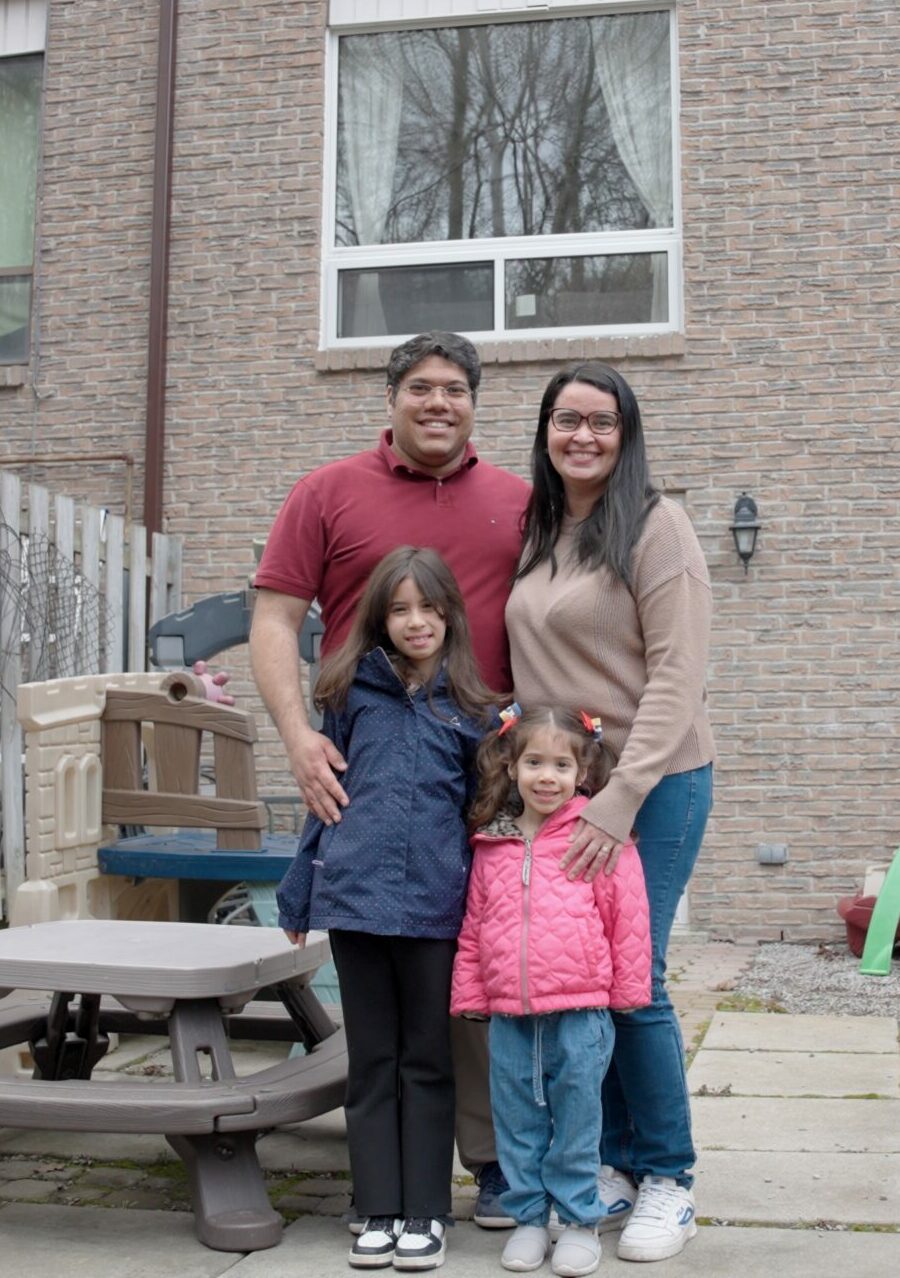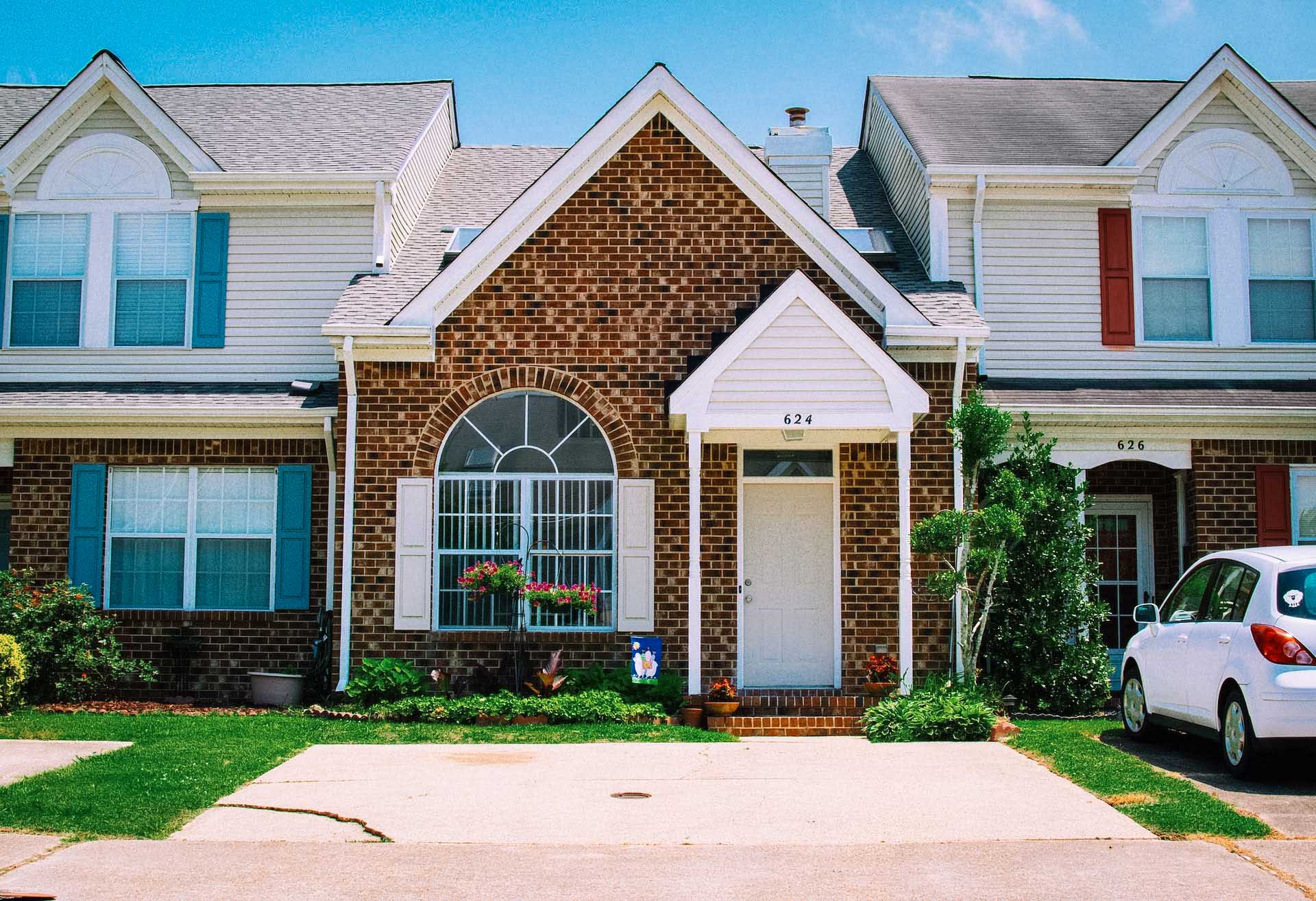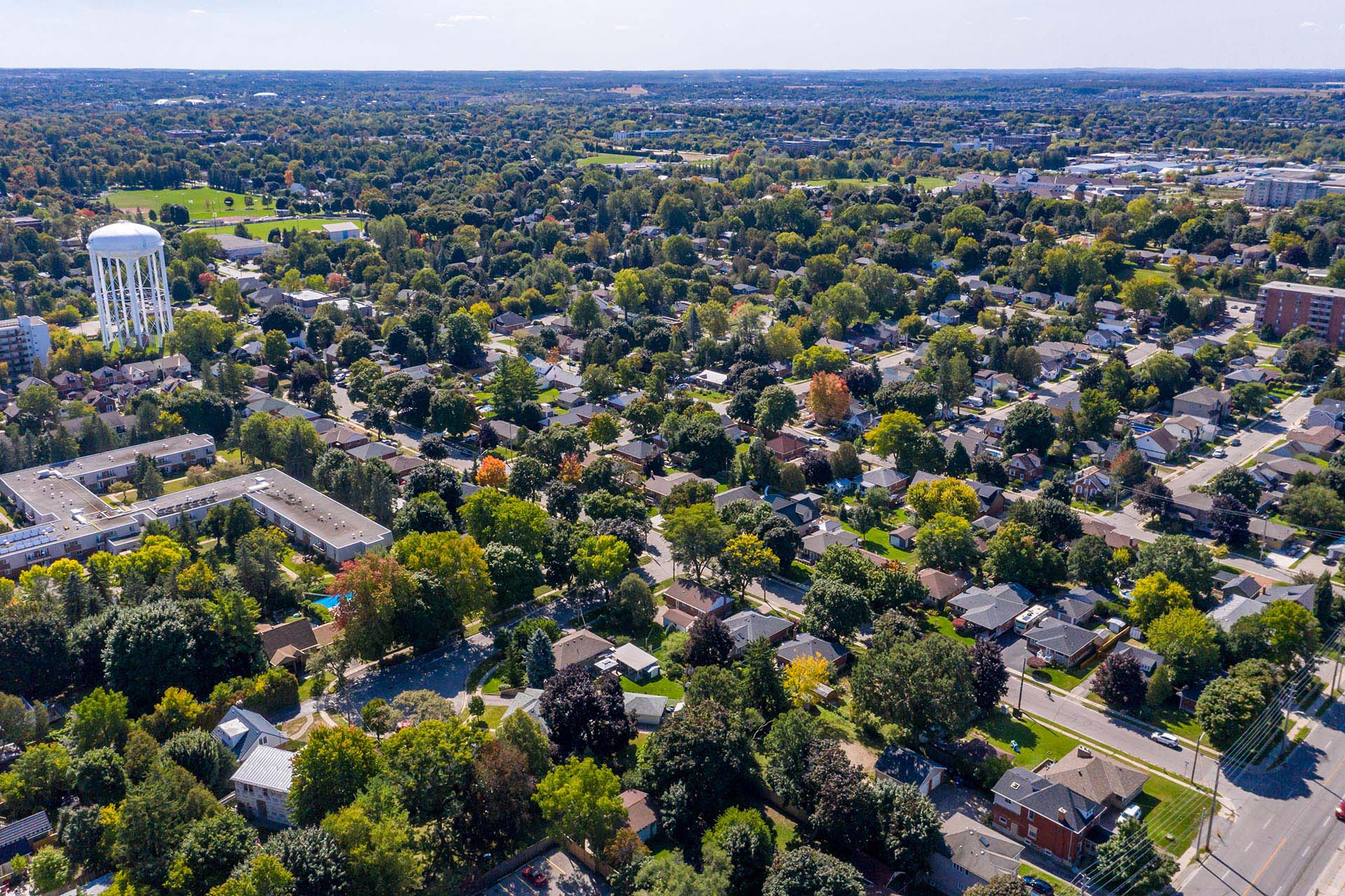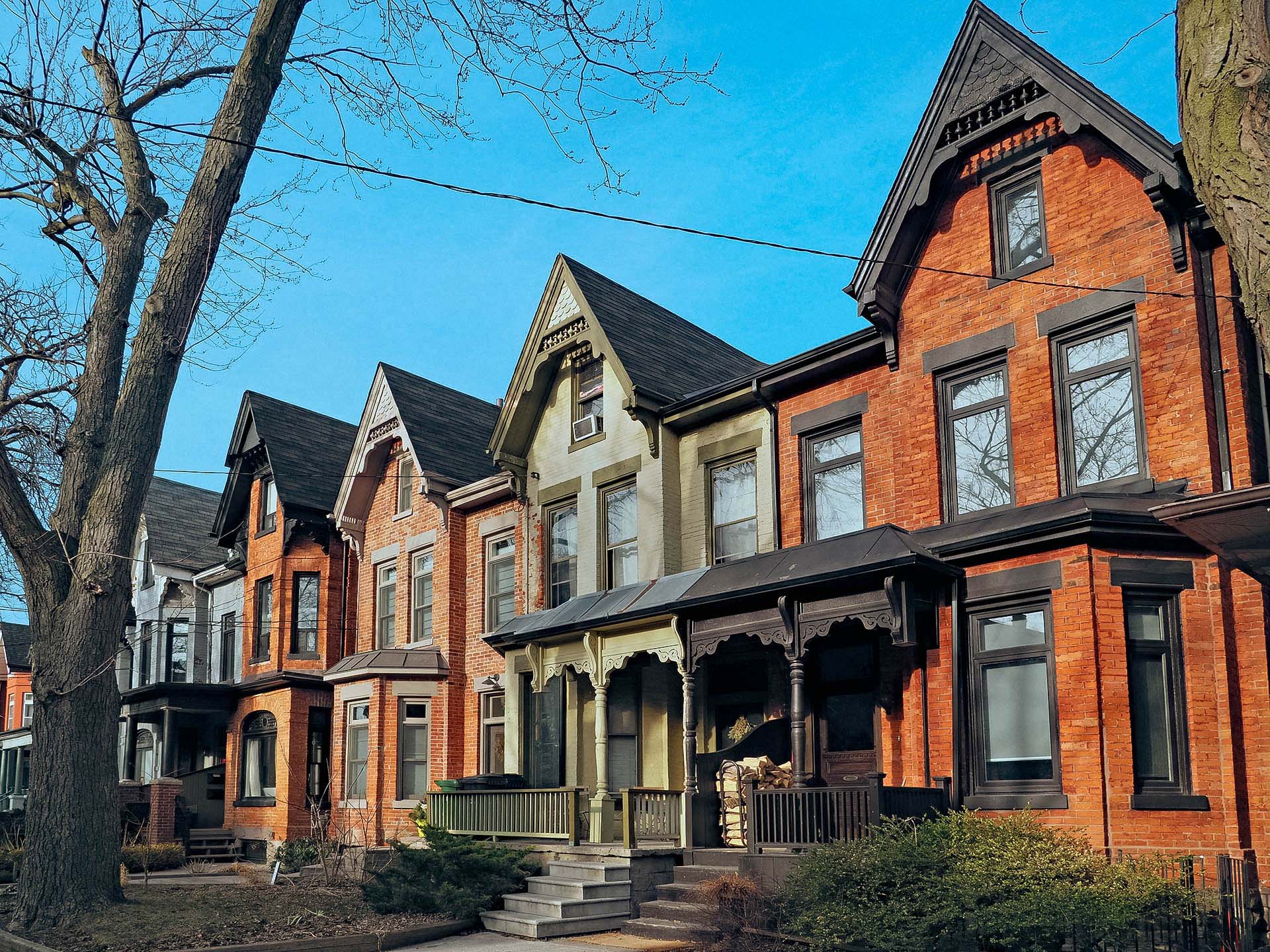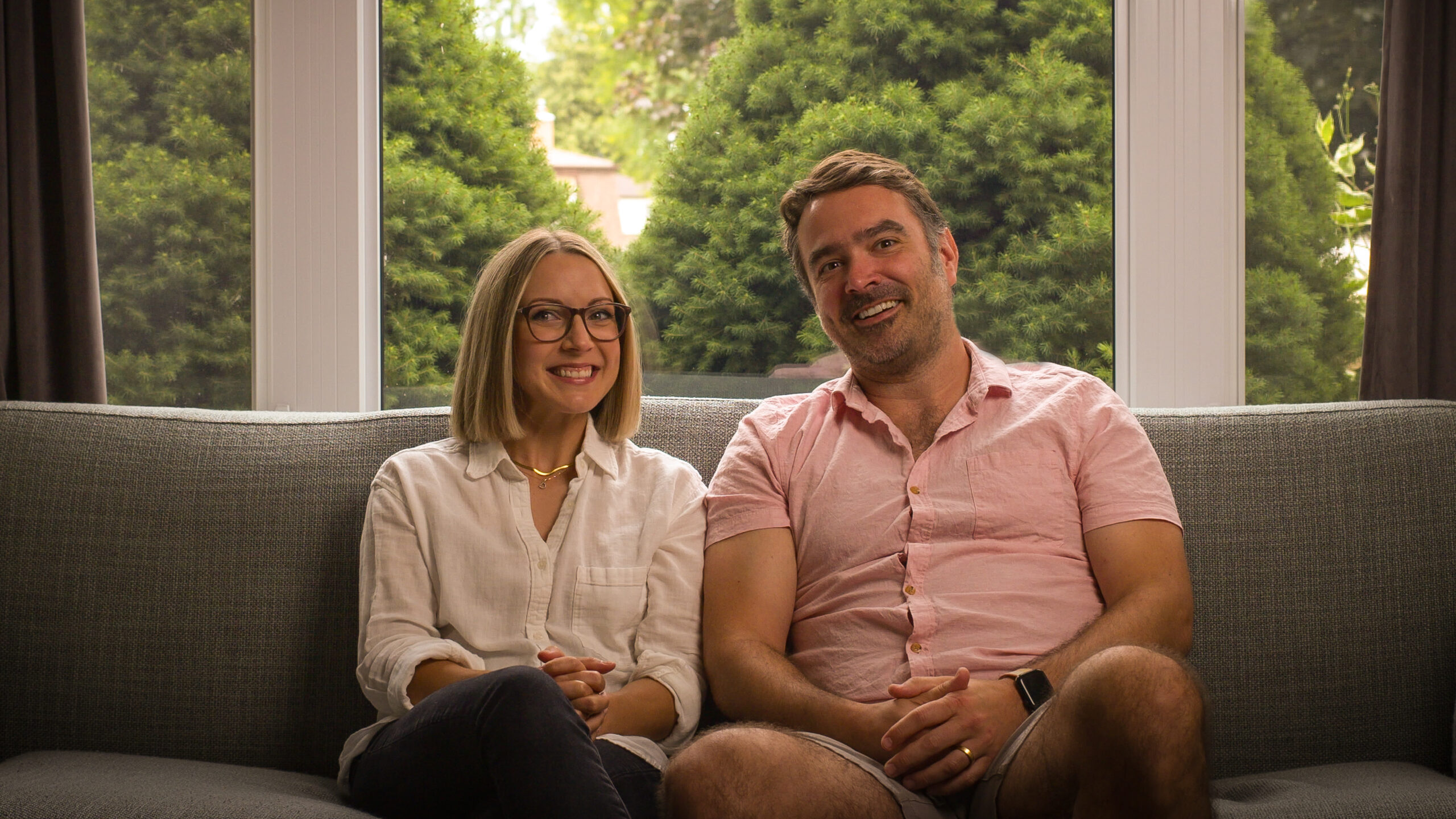The home buying process can be overwhelming and, since it is such a huge financial decision, we understand when buyers are skeptical about new options.
At Ourboro, we are committed to providing transparency and giving the “why” for every aspect of our product. That’s why we want to clear up a few common misunderstandings, or myths, about what it’s like as an Ourboro co-owner.
Myth 1: Ourboro has an unfair stake in the home’s appreciation
Ourboro’s, and our co-buyer’s, ownership shares in the home are determined by the investment we each make when the home is purchased. Co-buyers can choose to invest anywhere between 25% – 75% of the down payment and Ourboro will put in the rest.
Like any investment, the more risk you take (or the more money you put in) at the beginning, the higher the reward at the end. If you invest 75% of the down payment, then you get 75% of the appreciation on that investment. If you only invest 25%, then you only get 25% of the appreciation.
Ourboro’s investment is placed at the same priority as the co-owners, so nothing is skewed in our favour. If the home depreciates we lose out on our investment, just like you would.
Interested in learning more about how we determine our ownership shares? See the Math.
Myth 2: Ourboro is the same as the CMHC first-time homebuyer incentive
While CMHC does offer a shared equity option to homebuyers, their program differs from Ourboro’s in a few key ways.
One major difference between Ourboro and the CMHC incentive comes down to the structure of our investment. The CMHC incentive is similar to a loan with a registered lien on the property. This means, like a second mortgage, once the home is sold CMHC is guaranteed to be paid back its original investment, plus their gain on the equity (up to a maximum), before the homeowner receives any of the sale proceeds. If the home value depreciates below the original purchase price, CMHC is not only still repaid first, but also has its share of losses capped, meaning a portion of their original investment is always returned even if the homeowner is losing money from the sale.
Ourboro’s investment is structured as true shared equity. Once the home sells, co-owners receive back the amount they paid towards their mortgage principal, less closing costs, in priority over Ourboro’s equity earnings. This means Ourboro, and our investors, only make money off the home when the co-owner does.
CMHC’s first-time homebuyer incentive also has restrictions and criteria that many GTA homebuyers find very difficult to meet. Ourboro does not place the same income or property restrictions on buyers, making our product much more accessible.
Myth 3: It isn’t true “co-ownership” if everything isn’t shared 50/50
Historically, the term co-ownership has been used to describe two individuals who own and live in a home together. Now, Ourboro has created a new option. Instead of co-owning with a friend or family member, sharing the space and only getting to own 50% of the home, with Ourboro you can own a portion of it but still enjoy 100% of the home.
Since your mortgage is between you and the bank, Ourboro doesn’t contribute to monthly mortgage payments. But remember, the amount you put towards your mortgage principal is a priority repayment before splitting the remaining equity. When it comes to home maintenance, we don’t split the bills, but we do offer a complimentary home maintenance program to help co-owners stay ahead of repairs.
As the co-buyer living in the home, closing costs at the time of purchase and sale are your responsibility, with a few exceptions. When buying a home, Ourboro will pay our share of land transfer taxes, which make up the majority of closing costs. Then, when you decide to sell the home, you may qualify for a Selling Bonus through which Ourboro will cover a portion of your closing costs, if the property has appreciated above a certain rate year-over-year.
Ultimately, since we don’t live in the home, or charge rent for our share of the property, it wouldn’t make sense for everything to be split 50/50. Instead, Ourboro has designed programs and policies to balance the scales and ensure everyone can benefit from our joint investment in the home.
Myth 4: Ourboro unfairly benefits if I renovate the home
If a renovation leads to an increase in the home’s value, it’s only fair that Ourboro pays our share since we will also benefit from the higher sale price. Our Renovation Policy is designed to help co-owners realize the full financial benefit of their investment in the property.
When you decide that you want to renovate your home, Ourboro will help estimate what the new, appreciated value is likely to be. You can then make the renovations and enjoy living in your newly updated home. Once the property is sold, if it’s determined that the renovation did increase the home’s value, you would receive some, or all, of the cost of the renovations back from the final sale proceeds. The remaining appreciation from the renovation will then be shared according to our ownership stakes in the home.
Myth 5: If the home depreciates only I lose, not Ourboro
Since Ourboro is a true shared equity co-owner, we take on the same risk that you do.
From the start, it’s in both of our best interests to purchase a property that is likely to appreciate in value. That’s why Ourboro regularly analyzes the real estate market and sets property guidelines to help co-buyers narrow the search to properties that are likely to appreciate in value. Of course, no one can predict the market with 100% certainty. Investing in real estate comes with risk. Ourboro, and our investors, recognize this and share the risk equally with our co-buyers.
If the market changes and the property has depreciated in value as a result, it’s unlikely that you will want to sell at a loss. But, if you do have to sell, Ourboro will be there as a partner.
Once the home sells, the proceeds left after paying the remaining mortgage will first be used to reimburse you for the payments you made towards your mortgage principal, less your selling costs. Only then will the remaining proceeds be split between you and Ourboro, according to our ownership stakes in the home. This scenario, where a home sells for less than we purchased it, is a key reason why the priority given to your mortgage principal repayment during the distribution of sale proceeds is so important.
Ourboro only makes money off the home when you do, even if that means we walk away from the property with $0.
Myth 6: Ourboro will force me to sell my home
Ourboro cannot force the sale of a co-owned home at any time during the 30-year term, unless the co-owner has violated the terms of their Co-Ownership Agreement. Circumstances that are considered violations are clearly outlined in the Agreement and will be reviewed with you well before we close on a home. Examples include using the property for illegal activities or allowing it to fall into extreme disrepair with no attempts to rectify the situation.
Ourboro’s goal is always to help our co-owners enjoy their home for as long as they wish to remain living there. In cases of financial stress we are committed to working with our co-owners to find solutions that benefit and protect all parties. It is never in Ourboro’s interest to force a homebuyer out of their home. However, we are required to have guidelines in place to protect our investment and, similarly, we have guidelines in place to protect our co-owner’s interest as well.

